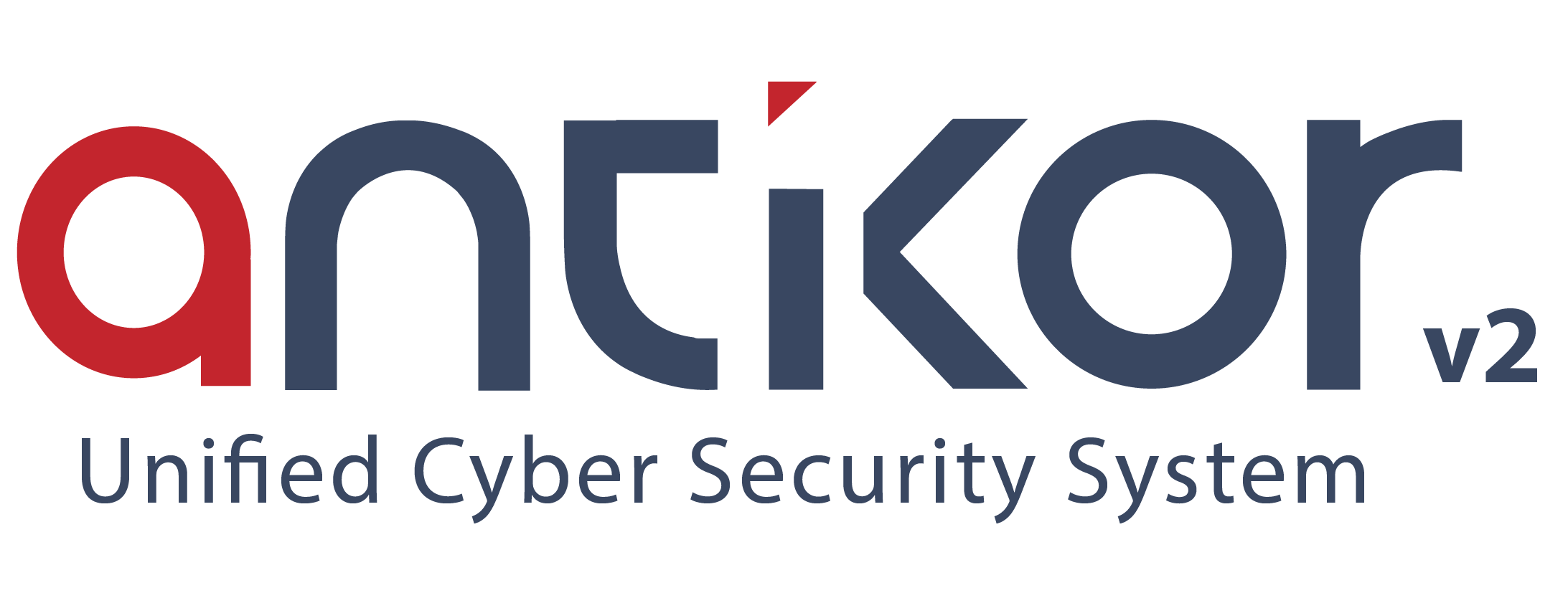IPsec VPN
Encryption
IPsec VPN ensures the security of data by using various strong encryption algorithms. Encryption options such as AES, CAMELLIA, NULL_ENC, SERPENT, and TWOFISH ensure that data is encrypted, creating secure internet connections.
AES (Advanced Encryption Standard)
AES is the most commonly used modern encryption protocol. It is a symmetric algorithm that provides high security, particularly for protecting data privacy.
CAMELLIA
CAMELLIA is a symmetric encryption algorithm developed in Japan, offering a security level similar to AES. It is used to meet high security requirements.
NULL_ENC
NULL_ENC is a condition where no encryption is applied, but authentication and other security measures are implemented. It is typically used for testing purposes or in scenarios with low security requirements.
SERPENT
SERPENT is a strong encryption algorithm designed as an alternative to AES. It provides high-security solutions by balancing security and performance.
TWOFISH
TWOFISH is an encryption algorithm developed as an alternative to AES, providing strong security. It is commonly used in applications with high security requirements.
Authentication
Various authentication algorithms such as MD5, SHA1, SHA256, SHA384, SHA512, and AES are used in IPsec VPN connections. These algorithms ensure data security and enhance connection security by performing authentication.
MD5 (Message Digest Algorithm 5)
MD5 generates a hash value of data, providing secure authentication and data integrity. However, more secure algorithms are preferred today.
SHA1
SHA1 is an algorithm that performs authentication by generating a hash value of data. It is typically used in older systems for security validation.
SHA256, SHA384, SHA512
These are stronger versions of the SHA family. These algorithms generate longer hash values and are used to meet higher security requirements.
AES
AES is an algorithm used for both authentication and data encryption. It is commonly preferred in modern security systems.
WildCard ID Support
WildCard ID support allows the use of broadly matching identities (IDs) in IPsec VPN connections. This is useful for flexible authentication and access control.
NAT Traversal Support
Provides support for tunneling between NAT (Network Address Translation) devices. NAT Traversal allows IPsec VPN traffic to establish secure connections between networks without being blocked by NAT devices.
PKI - Public Key Infrastructure Support
PKI provides secure key management and authentication using digital certificates. IPsec VPN strengthens secure data transmission and authentication processes with PKI support.
PSK - Pre Shared Key Support
PSK provides authentication with a pre-shared key. In IPsec VPN connections, both parties must share the same PSK to establish a secure connection.
ePati Cyber Security Co.

Mersin Üniversitesi Çiftlikköy Kampüsü
Teknopark İdari Binası Kat:4 No: 411
Posta Kodu: 33343
Yenişehir / Mersin / TURKEY
Web: www.epati.com.tr
e-Mail: info@epati.com.tr
Tel: +90 324 361 02 33
Fax: +90 324 361 02 39

